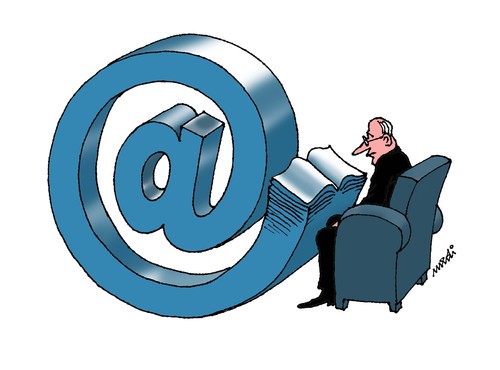
Advertising Sustains Online Piracy
Search giant Google, in co-operation with PRS for Music, has carried out a study titled “The 6 Business Models For Copyright Infringement”. So, what did they find out?The report revealed that a key source of revenues for the services “believed by the largest copyright owners to be massively facilitating copyright violation” is advertising. However, this will surely start a heated debate instead of calming things down.
The study was based on a research made by Detica and the information offered by the Premier League, FACT, UKIE and The Publishers Associations. The report classifies piracy portals into six groups: live TV gateways, embedded streaming, peer-to-peer groups, music transaction, subscription groups, and rewarded freemium.
Meanwhile, there are a couple of interesting discoveries about the music sector. One of them emphasizes the importance of advertising (funding 86% of P2P community portals). Another one reveals the importance of search engines for music transaction services, which means that their users usually find out about the portal through a search engine.
The study in question indicates that there are a lot of various business models for Internet infringement that can be tackled if the industries co-operate. The collected evidence suggests that one of the most efficient ways to do so is to follow the money, looking for those advertisers who prefer to earn money from such services and working with payment providers in order to make sure they realize how their services are used.
The head of the PRS for Music hopes the result of the study will reach the government of the United Kingdom and other countries. He says that the portals involved in copyright violation are mainly businesses with real costs and revenue sources, which receive subscription and advertising revenue. On the other hand, those services have to pay their server or hosting costs. The only problem is that they don’t pay the creators of the material on which their businesses depend.
As you can see, the business models of the copyright infringers are different, and the authorities now have the evidence to realize which policy levers they need to apply to solve the problem of piracy and deal with those strategies efficiently.












No comments:
Post a Comment